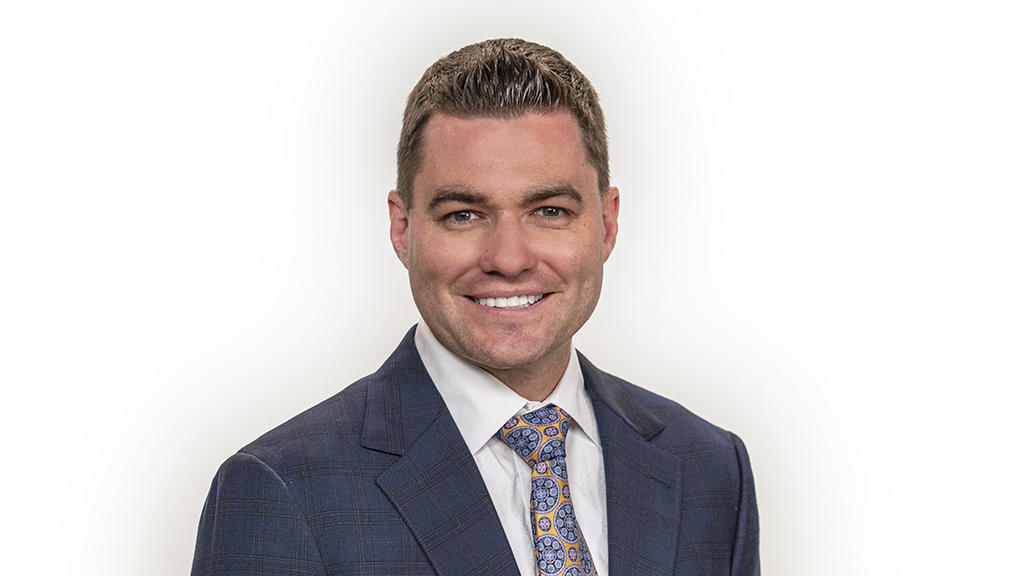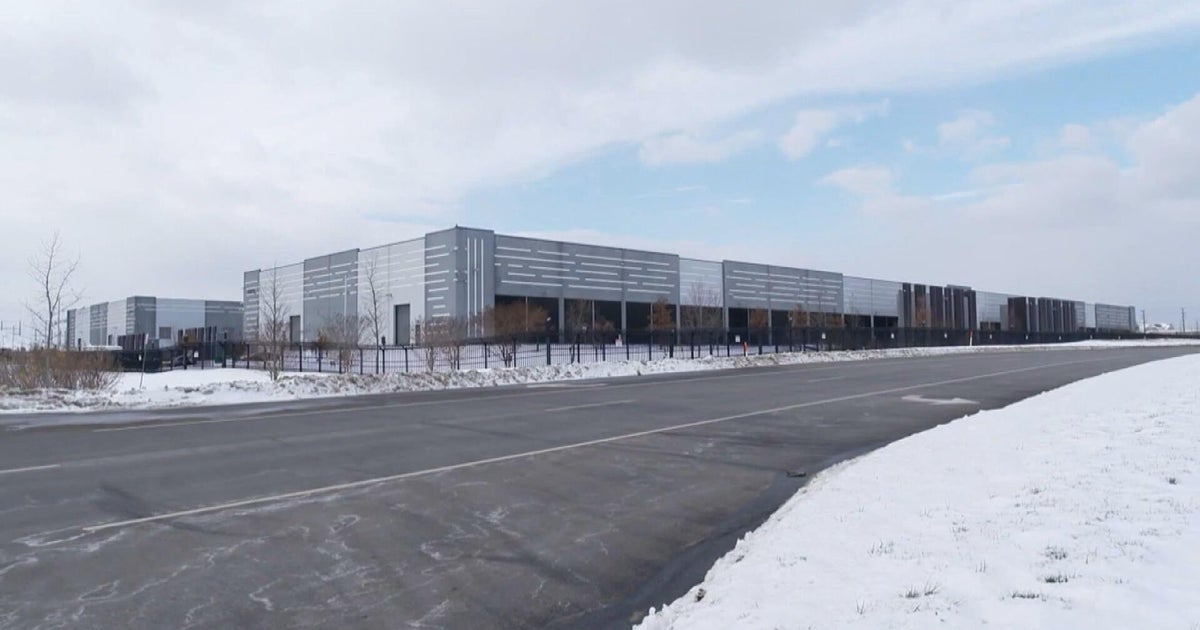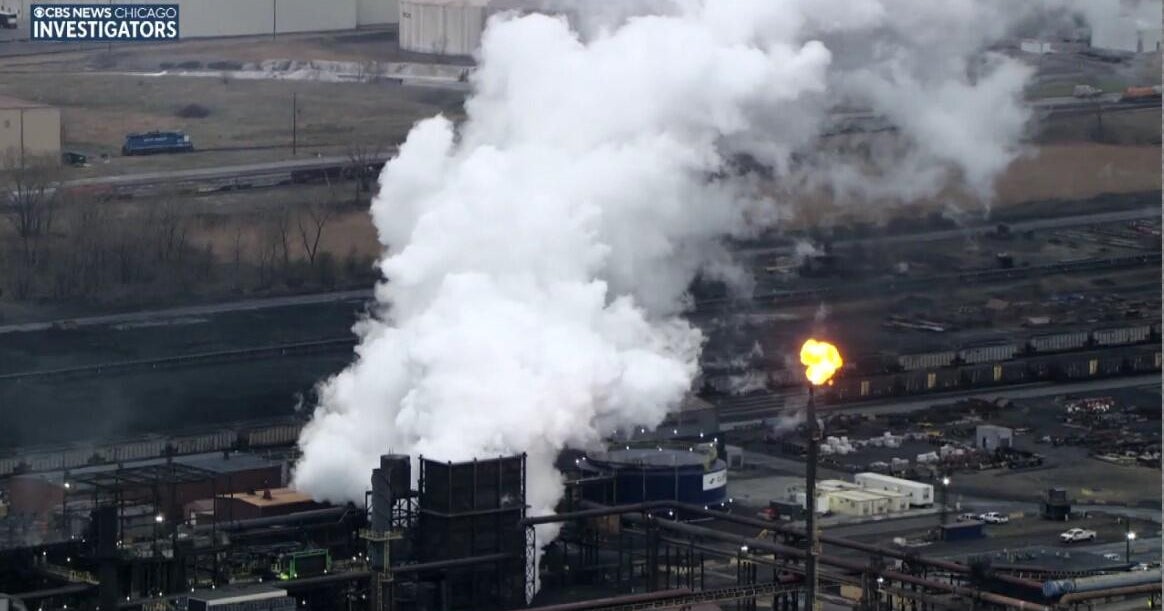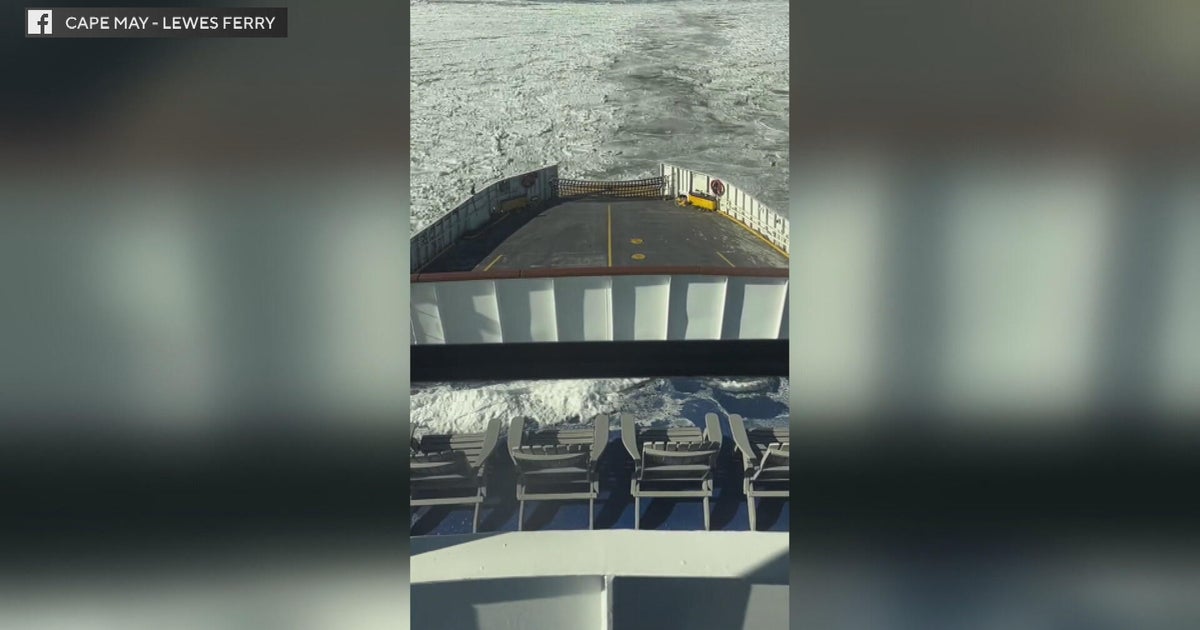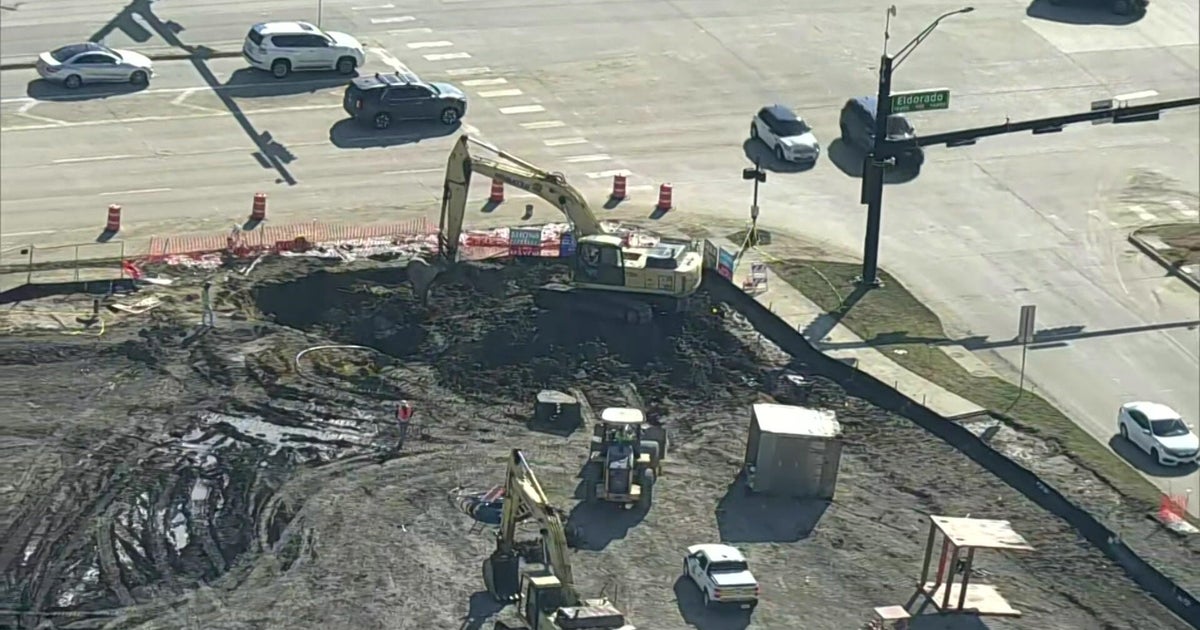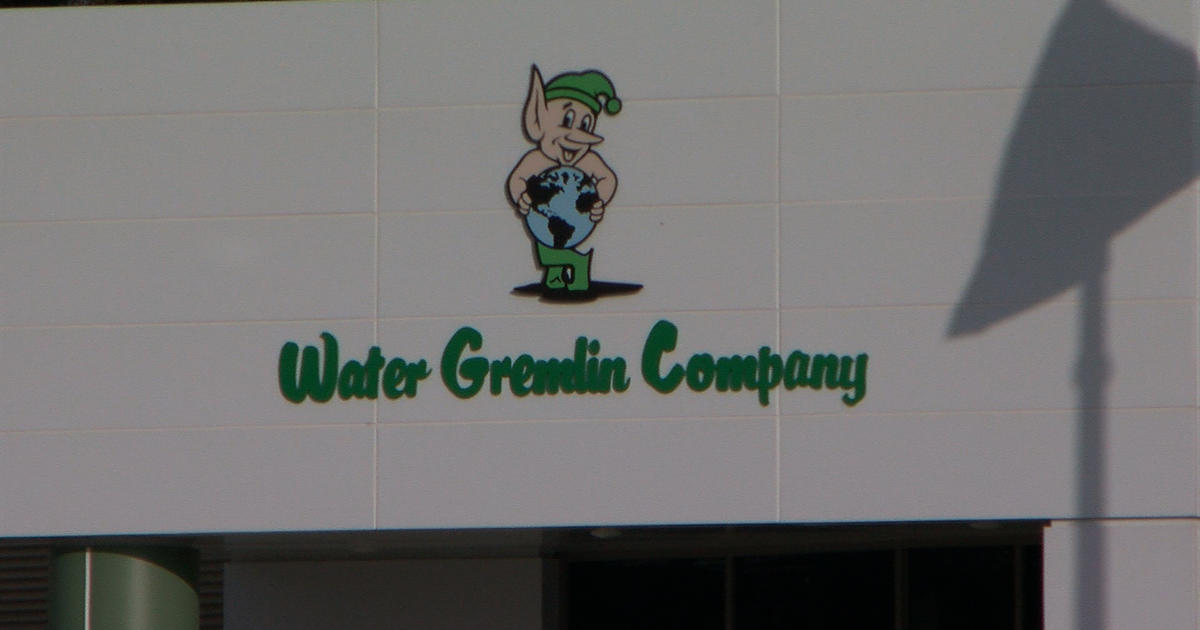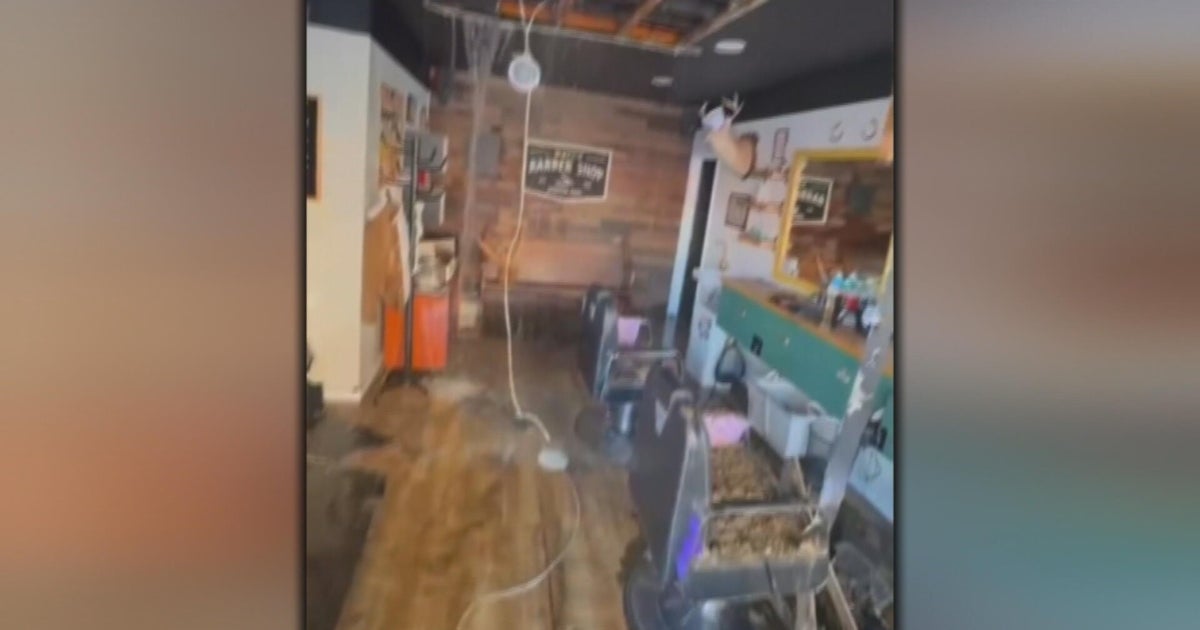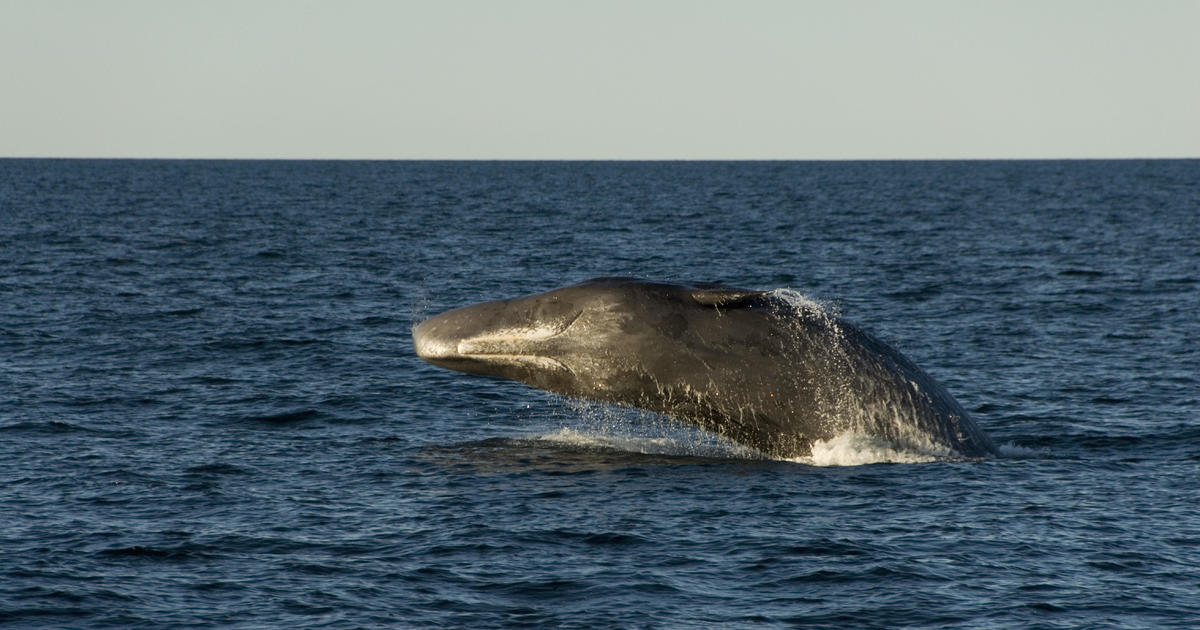Fishermen, neighbors fight plan to dump radioactive water in Cape Cod Bay
PLYMOUTH - Neighbors along Cape Cod Bay are pushing back against the dumping of radioactive water into the bay. A permit from the Environmental Protection Agency (EPA) stands in the way of it happening.
The Pilgrim nuclear power plant shut down in 2019. Holtec is the company working to decommission the plant. The EPA originally cleared them to dump contaminated wastewater into the bay but backtracked when it learned the water may have nuclear contaminants.
"The Environmental Protection Agency regulates certain pollutants that are released by industry. [For instance,] lubricants, greases, power plants use chemicals to prevent fouling of the water intake pipes," says Cutler Cleveland with the Boston University for Institute Global Sustainability, "The Nuclear Regulatory Commission (NRC), a very different agency, regulates nuclear waste and its release. EPA said, 'Whoa, wait a minute, if you are going to propose to release radioactive waste, you are going to have to get a whole, other, separate permit.'"
"We are in the process of submitting a permit modification for the national pollutant discharge eliminations permit through the EPA and the service water discharge permit with the Commonwealth," says Patrick O'Brien, a spokesperson for Holtec. "We will have those both filed by the end of this month."
Both the EPA and the NRC have regulations standards. Holtec claims the contaminated water is well below those standards. They also say approved dumping like this is more common than people think.
"We haven't done a liquid discharge at Pilgrim in over five years, but that doesn't mean other industries aren't," O'Brien says. "With nuclear medicine, hospitals do this regularly. Those discharges are traditionally to the municipal wastewater treatment systems."
Neighbors say some towns are already planning lawsuits to block any potential dumping. They fear the contaminated water could impact wildlife and the estimated $1 billion seafood industry that relies on the bay.
"In a typical spring, early summer, there are about 7 million oyster seedlings planted in Duxbury Bay," says Jim Lampert, a member of the Duxbury Nuclear Advisory Committee, "The currents in Cape Cod Bay circulate all the way around the bay."
"We don't know how that affects mussels. We don't know how that affects lobsters. We don't know how that affects fin fish," says Mark DeCristoforo, executive director of the Massachusetts Seafood Collaborative. "Here in Massachusetts, seafood represents 2% of the entire state's economy. Five of our most valuable ports are here in Cape Cod Bay."
In an effort to appease, O'Brien says, Holtec is contemplating choosing to dump the water when the seedlings aren't planted if it helps them gain approval with the EPA. Lampert is most concerned about radioactive tritium in the contaminated water. O'Brien admits tritium is extremely hard to remove from the water and that most companies would extract it if they could. It is also extremely valuable.
"It's actually the most expensive thing on Earth by weight," explains O'Brien, adding that it costs about $30,000 per gram.
Cleveland says tritium is quite low on the radioactive scale. O'Brien says the NRC also has done tests on how tritium reacts with certain shellfish.
"Looking at the data, you're not finding anything in those organisms outside of naturally occurring potassium," explains O'Brien.
The fear is that even the idea of radioactive water in the bay may have an impact on the seafood industry. Even if the water is clean, companies believe their clients may not purchase their products simply out of fear and skepticism. For a billion-dollar industry, that's a big issue.
"It's the perception that would harm us," says DeCristoforo.
Currently Holtec has three options: to dump the water, to evaporate it or to truck it elsewhere. Holtec admits it may use a bit of all three, but neighbors want to see it all shipped elsewhere.
"There are a number of existing waste disposal sites in this country, most of which are in areas that are of very low population density," tells Jim Lampert, "The Ocean Sanctuary Act protects all these ocean sanctuaries, and all of these bays are ocean sanctuaries."
"Twenty towns on Cape Cod and Martha's Vineyard voted unanimously, or almost unanimously, more than 90%, not to dump," says Mary Lampert, another member of the Duxbury Nuclear Advisory Committee. "There are towns like Duxbury preparing a lawsuit."
Holtec says the transporting of all of the wastewater leaves open the risk for an accidental spill of untreated water, but neighbors believe it's more about the cost to transport the water.
"They have inherited a trust fund that the rate-payers paid into that was to be used for decommissioning. The deal is they get to keep the money that's left over," explains DeCristoforo.
"The attorney general thinks they don't have authority or the right to do this, and let me tell you, there will be a battle royal" adds Mary Lampert.
Massachusetts Attorney General Andrea Campbell has spoken with residents in the area, and she shares their concerns. In a statement to WBZ-TV, she suggests Holtec work on alternate plans.
